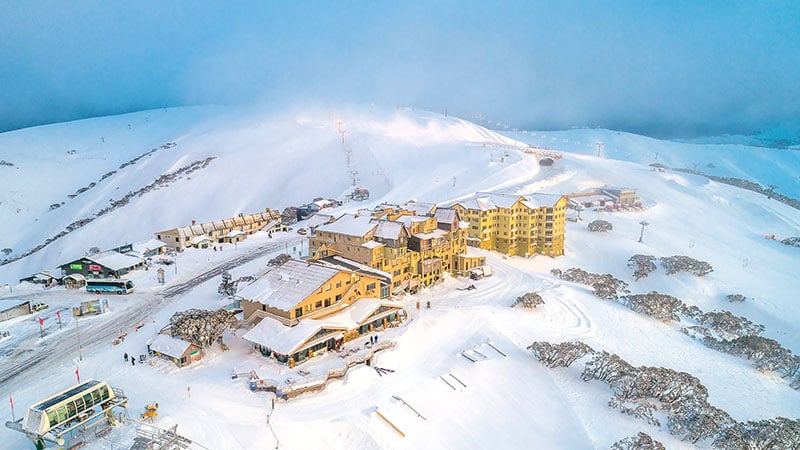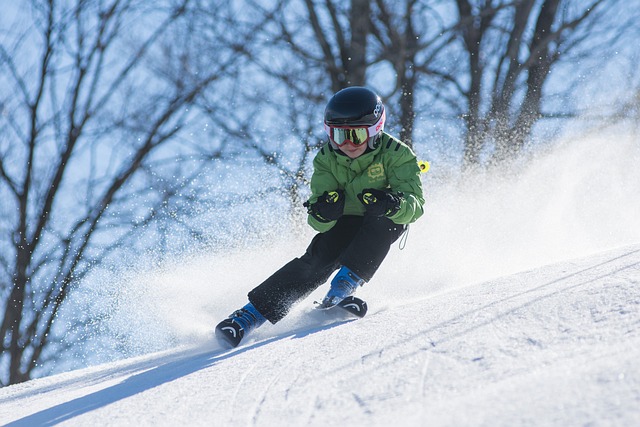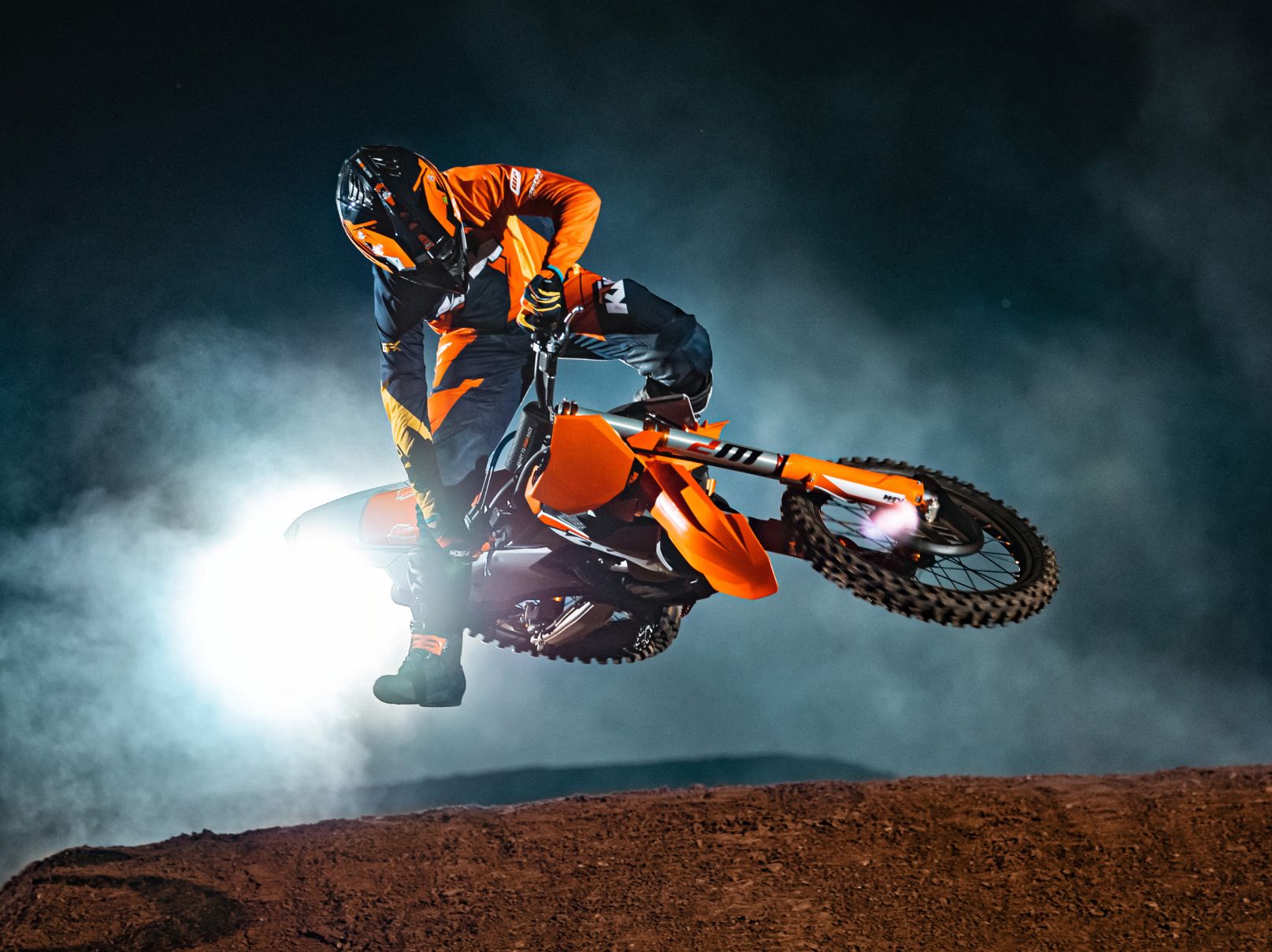
What is an all mountain ski?
The all-mountain ski is one of the most versatile types of skis you can find. These skis can be used both on groomed runs as well as off-piste. This allows you to ski anywhere you like.
They are also extremely durable and can last for years, even if you ski them daily. To keep them in optimum condition, you should always be sure to follow the recommended maintenance steps and use ski wax on a regular basis.
A general rule of thumb is to choose a length that matches your height. It will give you more control on the skis. You can also choose a ski that is 10 centimeters or more longer than you height if your skill level is more advanced. This will give you more stability while skiing.
Narrow All Mountain skis are the best choice for groomers or in conditions with hard snow.
If you are a frequent user of groomers with hard snow and other conditions that require a more stable ski, then it's important to choose one that can handle the conditions. Narrow allmountain skis usually range between 85mm-105mm underfoot. They can be stable and very fast when carving on groomers. They are also able to turn quickly and easily from edge-to-edge, as well as float in fresh snow.

You can also find narrow all-mountain skis that are designed for tackling crud. These are especially popular in places like Utah or Colorado where there is a lot of snow and oftentimes very little groomer coverage.
All-mountain skis are great for both beginner and intermediate skiers, but they're not suitable for expert or freeride skiers. All-mountain skis are moderately flexible, giving you the energy you need between turns without punishing you for slipping.
A softer-flex pattern can help you turn with less effort. If you are a beginner, you should choose a narrower (85mm-95mm wide) all-mountain skiing with a flexible pattern. The ski will turn more easily and you won't get punished if sometimes you end up in the back seat.
A slightly wider (90mm to 105mm wide) all-mountain skiing with moderate flex is ideal for intermediate skiers. This will help you float more easily on ungroomed powder and feel more confident carving off-piste.
Wide All Mountain Skis Can Be Used for Powder Skiing or Off-Piste Skiing
Skis' waist width determines their ability to turn quickly from edge-to-edge and how they float on fresh snow. Skis which have a moderate underfoot waist size of 85mm - 105mm are generally very versatile. They can be used for all kinds snow conditions including hard-snow or powder.

All-mountains skis often have a tip that is rockered, which helps them float on soft or icy snow. If you are new to powder and off-piste skiing, this feature is important as it makes turning easier and more fun.
Remember that skis can make your time at the slopes much more enjoyable. You want to choose a pair of skis that are high-performing, meet your needs and let you enjoy the experience on the mountain.
FAQ
What should you take on vacation?
You need to know what you want to do on your holiday. It's more than packing clothes. Consider where you're going and how much time you'll be staying there.
The first thing you need to do is think about what types of activities are most appealing to you. For instance, if you travel to exotic places, you may consider diving. Participating in local festivals or events is a good idea if you're planning on staying somewhere for a longer time.
It is crucial that you inform the people responsible for your care if you have any health problems. They can then plan accordingly.
Do I need travel insurance?
Travel insurance is vital if you're planning to travel. You should ensure that you have coverage for all types and forms of adventure sports.
You should make sure you have insurance if you ski. You should also look into getting coverage for things like theft, loss, and damage.
It is also worth considering purchasing cancellation cover. This will allow you to cancel your holiday with no penalty.
Also, make sure you ask for insurance for emergency evacuation. In the case of an avalanche and other natural disaster, you can be evacuated from the mountain.
How can I travel light and how do I get there?
When packing for a trip, there is no right or wrong answer. But here are a few tips to help you choose what to bring along.
-
Only bring what you need.
-
You should only pack what you actually wear.
-
Do not overpackage yourself with items.
-
Check your suitcase for space.
-
Always make sure you have everything you need.
-
Enjoy free storage
-
Reusable water bottles can be used instead of buying bottled.
-
Carry a backpack instead of using a suitcase.
-
When possible, walk or cycle instead of taking public transport.
-
You can choose the right size bag.
-
Be careful not to carry large items.
-
Be prepared for any eventuality.
-
Nothing should be left behind
What should you do first when you arrive at your destination?
Always have a plan in place for when your arrive at a new location. This helps you to know what to expect and where you should go next.
It is important to plan ahead so you don't forget anything.
You should also research what museums, parks, or landmarks you want to visit if you are planning to visit a city more than once.
Also, you may want to look into getting a map of the area and reading up on the region's history.
Where can I buy cheap airline tickets?
You can find the best deals on airfare by looking at airlines like Jetstar or Virgin Australia, Tigerair, Malaysia Airlines and Singapore Airlines.
If you search online, you will see that some of these airlines give away cheap flight tickets as a promotion.
What documents should be kept handy while on the road?
You can always access important documents while you are on the road by keeping copies at home. Keep a backup of your passport and driver's licence, as well as any credit card information, if you intend to use an ATM.
It's always a good idea to carry a photocopy of your passport with you so it can be used as proof of identity if needed.
Don't forget to attach copies of your itinerary or reservations. These will help you remember where you are going and what you plan to see.
This should be in addition to the original flight ticket and hotel reservation details. This way, you'll be able to contact someone back home if you get into trouble.
It is a good idea never to leave anything valuable unattended. It's a good idea to keep valuables safe and secure by storing them inside your luggage or on a money belt.
Ensure you check your baggage before leaving to avoid losing expensive items.
Remember: It's always safer to keep things simple than to try to over-plan everything.
Relax and enjoy your trip!
Statistics
- They're also likely to offer babysitting services, in case you'd like to have dinner one night after 7 p.m. (travelandleisure.com)
- Alcoholic beverages with more than 24% but not more than 70% alcohol are limited in checked bags to 5 liters (1.3 gallons) per passenger and must be in unopened retail packaging. (tsa.gov)
- According to Maori legends, this park holds 14 fjords that were all carved by a giant stonemason with an adze. (busytourist.com)
- Case in point: the private island of Ilha Caldeira, less than seven miles off the coast as part of the Primeiras and Segundas Archipelago, is located within the marine-protected area with 20 percent of the country's intact living coral. (travelandleisure.com)
- Between the ages of 11 and 13, kids, or tweens, will likely want some autonomy but also need boundaries. (travelandleisure.com)
External Links
How To
What are your top travel tips?
Traveling is an exciting experience, but there are many pitfalls you need to avoid if you want to have a safe and enjoyable trip.
Here are some basic tips to help you plan your next vacation.
-
Get your bookings in early. The lower the price, the earlier you book. You'll also save money by avoiding last-minute deals offered by hotels and airlines.
-
Stay-at-budget accommodations. Cheap hotels are more affordable. They are typically located near shopping centers and public transportation.
-
Don't overpack. Pack light. You can leave room for souvenirs or gifts. You should wear clothes that fit comfortably and don't wrinkle easily.
-
Be sensible. Do not walk alone if you're travelling solo. Avoid dangerous neighborhoods and areas with high levels of crime.
-
Protect your valuables from theft. Keep valuables safe from prying eyes. Swimming is a great way to keep valuables safe.
-
Take care with your cash. Tourists living in foreign cities are often the target of thieves. You can keep your money hidden by using ATMs within banks and guarded facilities.
-
Know what you're doing. Prior to booking a room in a hotel, make sure you understand how public transport works. You can find out more about popular attractions, restaurants, or other sights.
-
Be sure to learn about safety. Learn about the culture, customs, laws and traditions of the area before you arrive.
-
Have fun! Have fun, regardless of what happens. It is worth it.